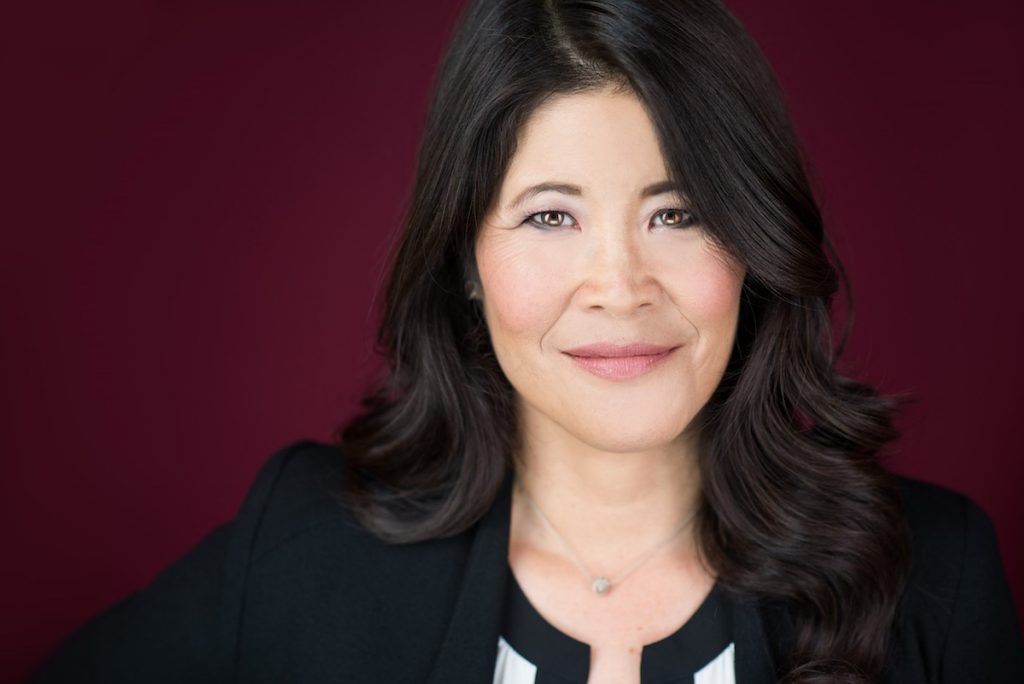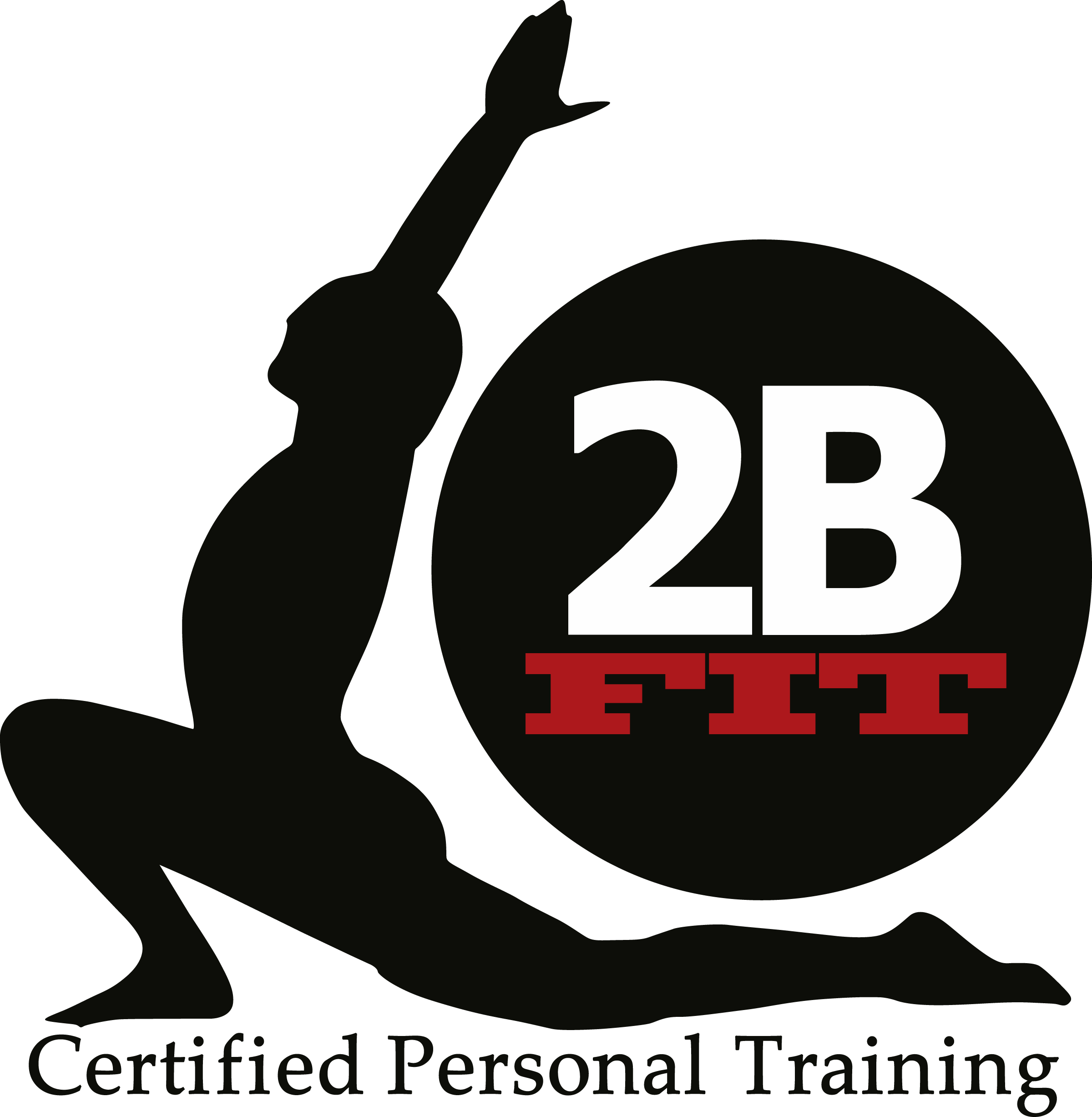Want to prevent Alzheimer’s, depression, and more? Why exercise is so important.
Wendy Suzuki was a successful scientist and academic.
But in her 50s, she was so immersed in work that she had no social life, and she was overweight due to lack of activity.

So she went back to the gym. After a short time, her mood was better. Suzuki (above) had more energy and focus. And she lost the weight.
Since Suzuki’s field of expertise is the brain, she decided to examine her little self-experiment through the prism of neuroscience.
What the New York University professor found is great news for anyone hoping to remain mentally sharp and avoid Alzheimer’s disease and other forms of dementia. And it fits a growing body of research that shows a powerful link between mental health and physical exercise.
The upshot of what she learned: Exercise is the most transformative thing you can do for your brain, she says. Suzuki, also an author and speaker, discusses the science behind the idea in a TED Talk that has more than 3.4 million views on YouTube.
“What if I told you there was something that you can do right now that would have an immediate, positive benefit for your brain, including your mood and your focus?” she says. “And what if I told you that same thing could actually last a long time and protect your brain from different conditions like depression, Alzheimer’s or dementia?
“I am talking about the powerful effects of physical activity – that is, simply moving your body has immediate, long-lasting and protective benefits for your brain that can last for the rest of your life.”
Lifestyle choices can delay disease
Suzuki is not alone in her findings.
Scientists have known for a long time that exercise is good for the body. In recent years, they are revealing how it is good for the brain, too, particularly in older people.
About 5.4 million Americans have Alzheimer’s, the sixth leading cause of death among all adults, says the U.S. Centers for Disease Control (CDC). It is the most common type of dementia, which is a group of symptoms caused by disorders that affect the brain and cause memory loss and other types of brain malfunction.
Around the world, 50 million people have some kind of dementia, according to the World Health Organization (WHO). Researchers everywhere are looking for ways to help people avoid it.
A Swedish study suggests that stamina is tied to the risk for dementia. Women who were in better cardiovascular health had an 88 percent lower risk of getting dementia than other women, according to the report published in Neurology, a medical journal.
The Alzheimer’s Association says regular cardiovascular exercise can help reduce the risk of getting the disease. So can:
- Stopping smoking
- Eating right
- Getting enough sleep
- Staying engaged socially
- Playing games to stimulate the mind
The same message comes from scientists at the University of Southern California. They found that up to a third of Alzheimer’s cases are preventable through lifestyle changes, including physical exercise.
And WHO issued these recommendations for people 65 and over:
- 150 minutes of moderate-intensity aerobic exercise every week
- Or 75 minutes of vigorous aerobic exercise
- Or a combination of moderate and vigorous aerobic exercise combined with muscle-strengthening work.
Strength training has also been linked to cognitive health.
Exercise strengthens 2 key brain areas
Precise recommendations vary somewhat among experts, but the point is clear: exercise is good for our brains.
It immediately boosts body chemicals like dopamine and serotonin that lower stress and improve mood, focus and energy.
Those effects last a long time.
Exercise even builds up the capacity of parts of your brain associated with memory and learning, the hippocampus and the prefrontal cortex.
“Exercise is not going to cure Alzheimer’s or dementia but it anatomically strengthens two of the key targets of both those diseases,” Suzuki says.
Mentally, three of the biggest benefits are better mood, memory and attention.
Make the moves
Fitness centers and trainers are a great way for seniors to enjoy the benefits of exercise.
We’re here to help you get the right amount of exercise, and the right kind of exercise. We care about your physical, mental and social wellbeing, and we have special training and expertise in the needs of older people.
So take that first step, like Wendy Suzuki did.
You don’t have to become a brain scientist.
Or a fitness fanatic.
Or anything you don’t want to be.
